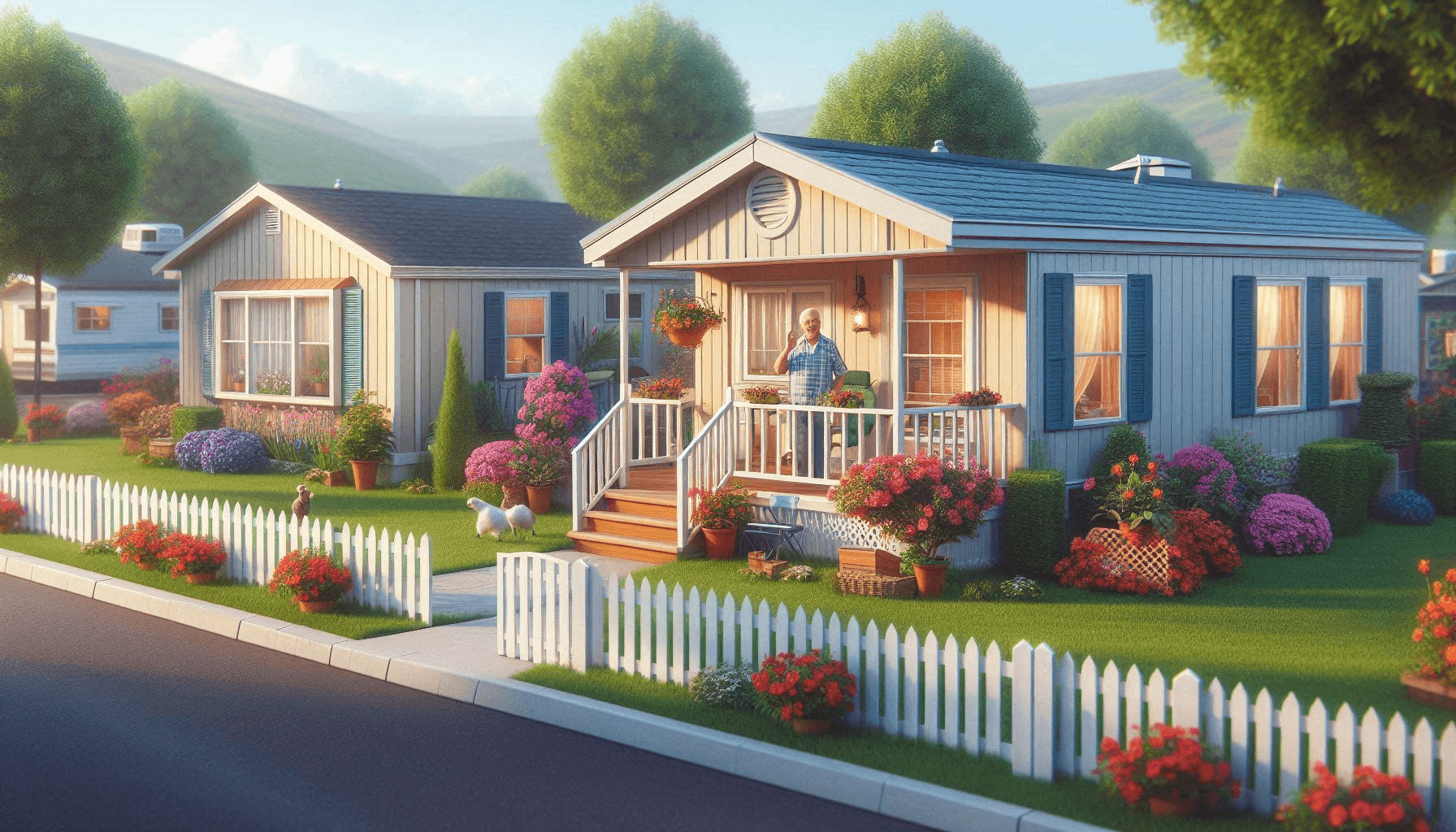
Over the past three years, home prices have surged, making it difficult for many families to afford traditional site-built homes. Consequently, some homebuyers are turning to mobile and manufactured homes as a more affordable alternative. However, the financing models for these homes differ significantly from those for single-family homes. Understanding the nuances of financing a manufactured home in a park is crucial before making a purchase decision.
Despite being less expensive than stick-built homes, manufactured homes often require financing due to their cost. Many states classify manufactured homes as personal property rather than real estate, complicating the financing options. Here are some common financing options for mobile and manufactured homes:
Fannie Mae, a government-sponsored enterprise (GSE), buys mortgages for manufactured and other homes. While it doesn't issue loans directly, it sets regulations for mortgages created by private lenders, often referred to as "conventional mortgages." These loans are available only in states where manufactured homes are considered real estate and can be used for primary residences, second homes, and cash-out refinances.
To qualify, borrowers need a credit score of 620 or higher and must make a minimum down payment of 5% for fixed-rate mortgages (10% for adjustable-rate). Loans can be for up to 20 years. The Fannie Mae MH Advantage program offers additional incentives, including a 3% down payment minimum, low interest rates, price adjustments, and cancellable mortgage insurance once the borrower reaches 20% equity. However, these homes must meet stringent requirements, such as being multi-width and having an MH Advantage sticker.
Freddie Mac, another GSE, has similar requirements to Fannie Mae but with some differences. Manufactured homes on leased land are generally ineligible for Freddie Mac’s mortgage program. Down payments are typically 5%, and loans can be fixed-rate or adjustable-rate, with an additional 1% delivery fee. There is no published credit score minimum for Freddie Mac’s manufactured home mortgages. These loans are often available through smaller community banks and credit unions.
Chattel loans finance large or expensive personal property, such as boats or mobile homes, in states that do not classify manufactured homes as real estate. These loans usually have higher interest rates, often 3-4% above typical mortgage rates, and are for the home only, not the land. Despite lower processing fees, chattel loans generally have shorter repayment periods and lower maximum loan amounts.
In states where manufactured homes are considered personal property, obtaining a mortgage may not be possible. In such cases, personal loans become an alternative. Although personal loans have higher interest rates and may not cover the full cost of a home, they bypass many fees associated with mortgages and are processed more quickly. Personal loans also do not secure the home, meaning the lender cannot foreclose if you default on the loan.
The process of obtaining financing for a factory-built home is similar to that for a site-built home. Here are the steps to follow when financing a manufactured home in a park:
Financing a manufactured home in a park involves understanding the different loan options and their specific requirements. By researching thoroughly and comparing various lenders, you can find the best financing solution for your needs.